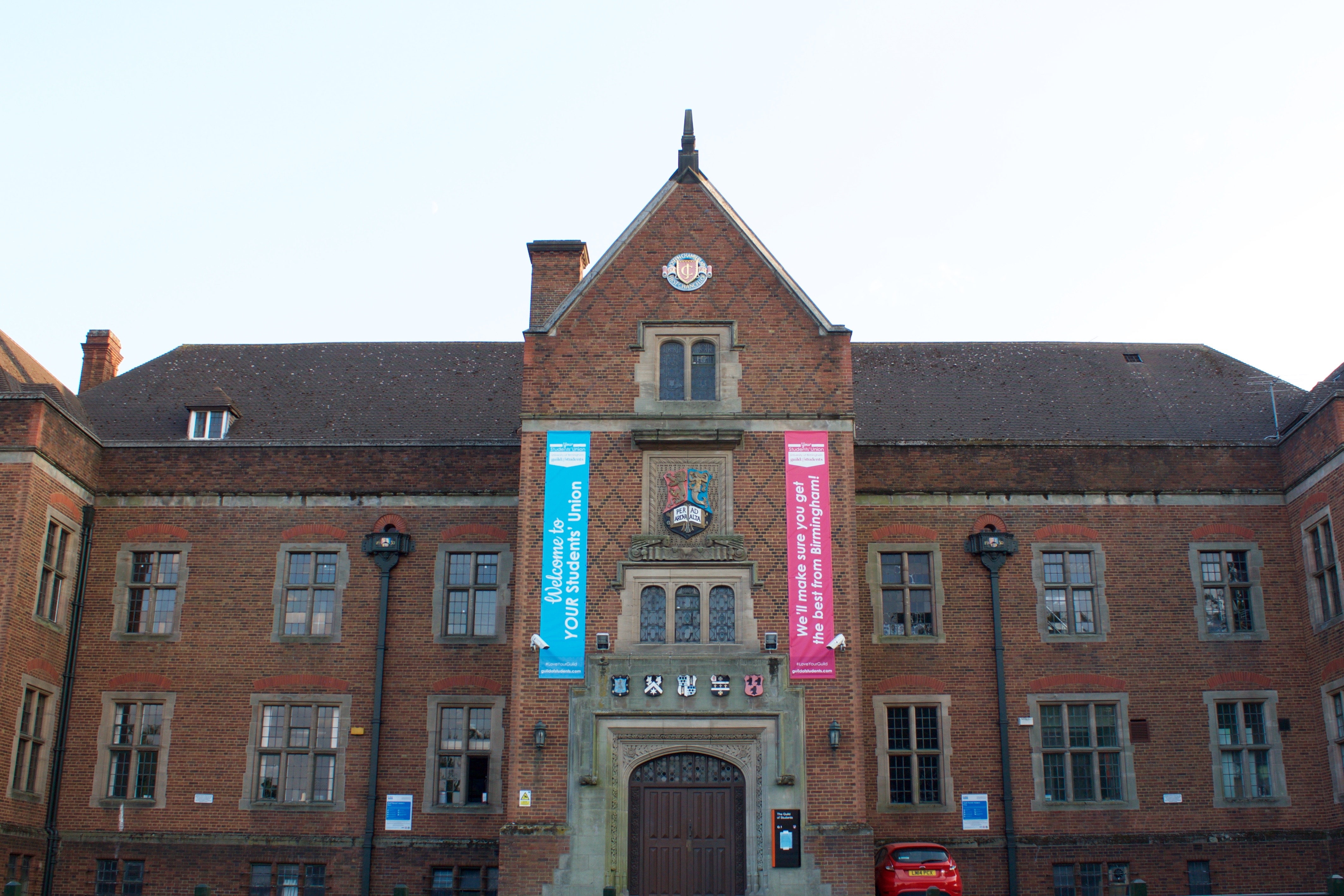
The Guild of Students has announced that it will give out free drug testing kits to students as part of the Harm Reduction Campaign
The campaign was launched to start a conversation about drug and alcohol use at the University of Birmingham.
The Guild wants to ‘change the way students talk and think about drug and alcohol’ so that they can access support and take substances safely.
The campaign announcement states that zero-tolerance policies ‘punish students’ and fail to understand the reasons students may take drugs. In response, the Guild aims to support those who fall victim to the misuse of alcohol or drugs.
Part of the campaign is to make free drug testing kits available from the Guild. Whilst they stress that using the kits ‘won’t completely protect you from drug-related injury’ they argue that it will allow students to make ‘a more informed decision’ about taking these substances.
In 2018 Redbrick reported that Student Unions across the UK are increasingly making drug testing kits available to students. The University of Manchester sells drug testing kits for £2.50, although they will be free of charge at Birmingham’s Guild of Students.
The Guild will also be working with West Midlands Police, who have already successfully trialled harm reduction campaigns in the Birmingham area. A city-wide scheme is also being organised with Birmingham City Council.
The announcement also states that the Guild wants to support students suffering from alcoholism and unhealthy drinking habits. They will be hosting guest speakers to educate students and are working with the Police and City Council to address the issue.
The campaign was devised in response to figures from the National Union of Students (NUS). A survey of 2,800 people found that 56% of respondents had tried drugs and 39% currently describe themselves as drug users.
The NUS report, in collaboration with drug charity Release, argues that ‘punitive’ drug policies at universities are ineffective. These measures attempt to create a drug-free campus through ‘suspensions, evictions, and surveillance.’ They suggest that education and support for students is a more suitable way of addressing student drug and alcohol use.
Sarah, a third-year Liberal Arts student, told Redbrick: ‘I think giving out drug-testing kits is a great idea.’
Another student, Harriett, agreed: ‘I’ve read lots of things about drug testing kits being used at music festivals and how they reduce the amount of drug-related incidents. So it makes sense to try it out in universities as well.’
Others have been more sceptical about the campaign. James, a second-year History student, worried that the kits might encourage students to take drugs. ‘If people know that the drugs they’re taking are safe, then surely that will mean more people do it, because they know they’re going to be okay?’
However, his friend Niall disagreed, saying: ‘I’d rather feel safe in the knowledge that I’m supported. People take drugs for lots of different reasons, so I don’t think we should discriminate against them. Making sure people are safe should be the top priority.’
UoB is a separate entity to the Guild and, in a statement provided to Redbrick, said: ‘The University recognises that alcohol and drugs will play a part in the lives of some people and is sympathetic to problems arising from the misuse of these substances.’
They also stated: ‘We aim to facilitate early identification of problems and to encourage students to seek advice, help and assistance voluntarily before their studies are adversely affected.’
The spokesperson said that they ‘support’ the Guild’s campaign to reduce the potentially harmful effects of legal and illegal drugs.
For further information about drug and alcohol awareness, follow this link: https://intranet.birmingham.ac.uk/student/taking-care-of-yourself/alcohol-and-drug-awareness.aspx
Find the full Guild announcement here: https://www.guildofstudents.com/news/article/website/Harm-Reduction-Campaign/

Comments